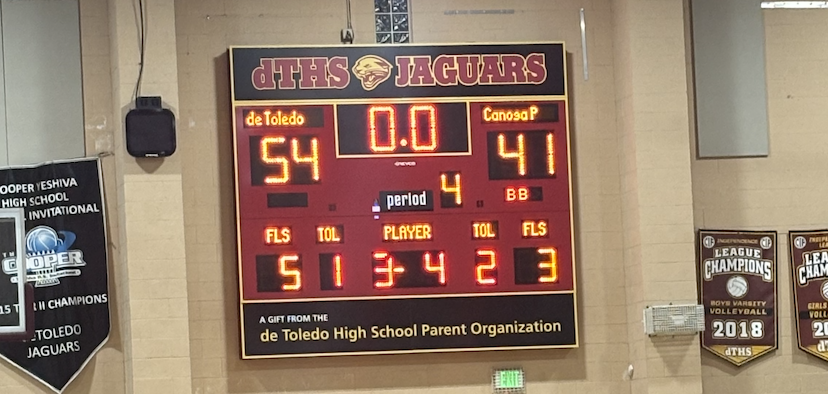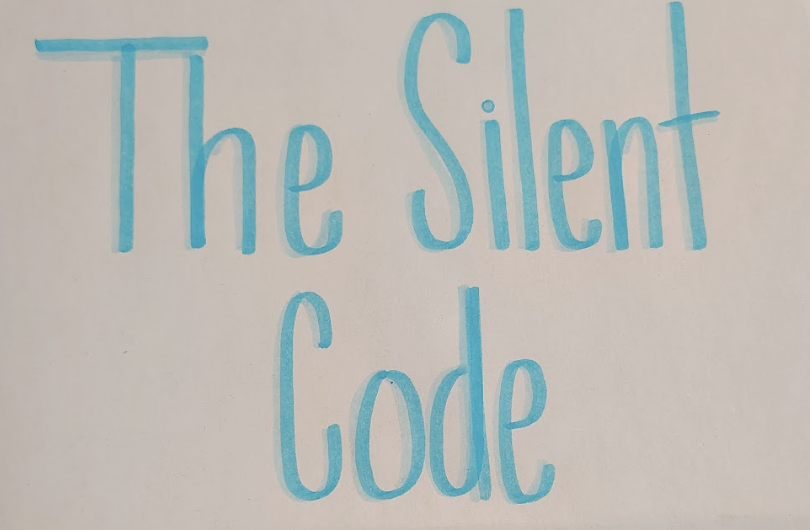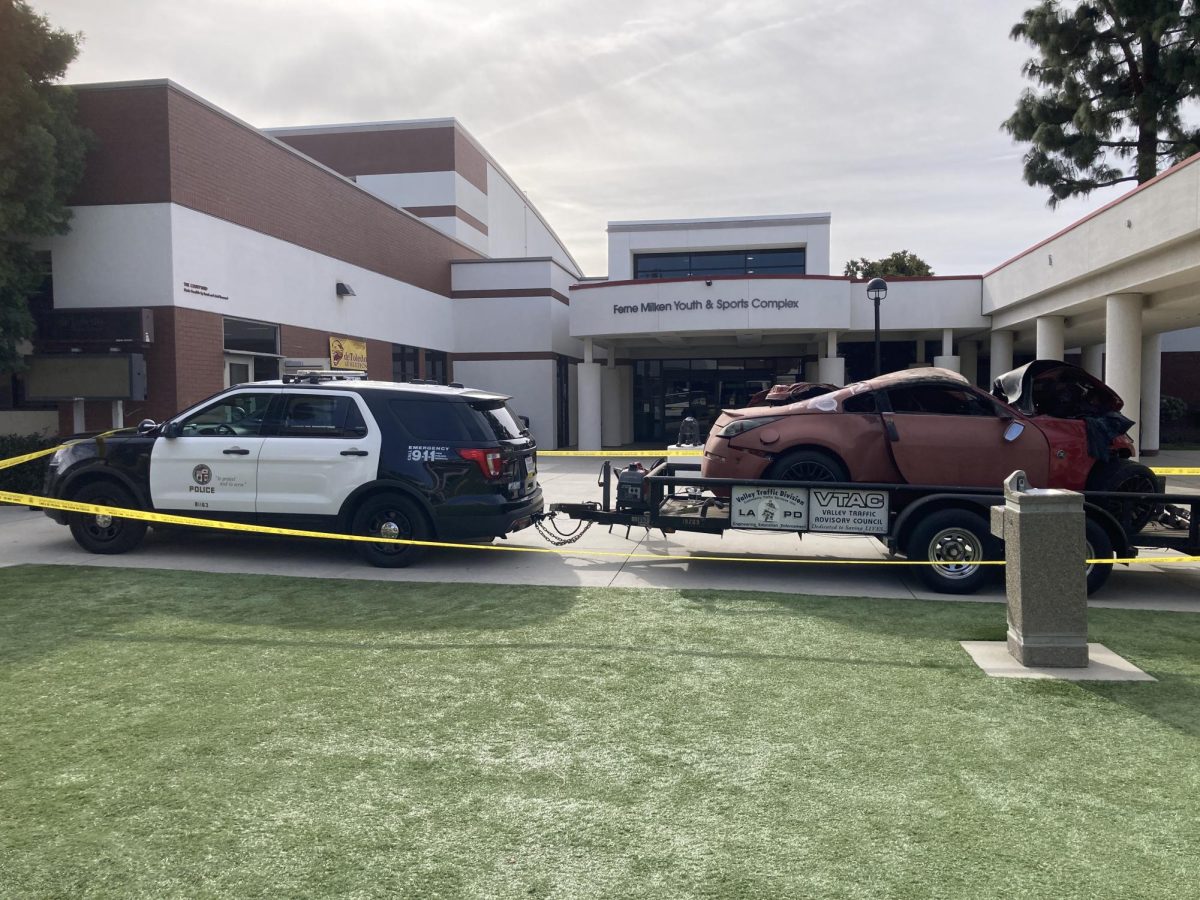Why Mastery Education Should Replace the Modern Education System
May 8, 2017
The opinions expressed in this article are the author’s own and do not necessarily represent the views of The Prowler.
Every day, in one of my friend groups, I am mocked because in ninth grade, I spelled the word “group” as “groop.”
At the time, I laughed at my ignorance, but truly have always been self-conscious about my inability to spell. In elementary school I was never taught how to spell. The teachers at Buckley did not believe that learning to spell was as important as learning math or art. When my mother asked the teachers why I was not having spelling tests, the teacher responded with “they have spell check now.”
As ecstatic as I was about not having to learn how to spell and focus on the arts instead, it ultimately impaired my education and my ability to learn more advanced English concepts in the future. I am now a junior in high school and still can barely spell.
Mastery education, an idea created by Salman Khan, the creator of Khan Academy, is the idea of an education system in which students do not move on to the next concept in a specific subject until the student completely understands the previous subject. Students are on their own educational tracks at whatever pace works for them to learn the information.
In my opinion, all schools still using the standard education system should switch their system of learning to the mastery education system.
The modern education system follows a strict format: one or two weeks of lessons, then a quiz, then one or two more weeks of lessons, then test, then repeat. Kahn believes that education should not be taught in a format like this but instead in the same way martial arts is taught: the students do not move on to the next belt until they have mastered the skills that they have been taught in their current belt.
Students today are often building on knowledge that they have not mastered. They are being taught concepts, but few are fully learning and retaining all of the information they are given. This is apparent based upon the Program for International Student Assessment, which shows that the U.S. is 24th in literacy and the report, The Learning Curve, which shows that the U.S. ranks 17th in educational performance.
Students are having a hard time retaining the information given to them in lessons. If a student gets anything less than a 93%, when 7% is attributed to test anxiety, then that means they did not fully understand the concept, but the modern education system tells the students to move on to the next harder concept anyway. In this education system, if a student gets a 70% on a test, the next lesson will not be on correcting and relearning that 30% the student did not understand, but instead on the next harder topic.
With mastery education, the test and the grade become nothing but a learning tool and a starting place for the next lesson. The grade would not count and the 30% of knowledge the student did not understand would be retaught until the student fully understands it.
In the modern education system, students do not see learning as a fun activity. Ron Culberson, president of the National Speakers Association from 2012-2013 and author of Do It Well. Make It Fun, makes a point that the only way to help others be truly good at something is to make it fun to learn. If learning is not considered fun, then eventually children will have no desire to learn and will choose not to learn.
Grade anxiety, along with the students having the idea that they cannot learn or that they are ignorant because that is what they think bad grades mean, makes learning a chore for children and drives them to dread it. If students dread learning and have the negative re-enforcement of grades, then they will not retain most of the information they are required to learn to get to the next level in their academic career. A bad grade makes students think they are not capable of remembering the knowledge.
If students do not have a full base of knowledge and have not mastered the most recent topic then it will be nearly impossible to retain the knowledge that they are supposed to learn with newer and harder topics in linear subjects such as Math and Science. Not only will it be hard for the student to retain the new knowledge, but also it will be discouraging to the student because he or she cannot learn or remember the new material.
In holistic subjects, such as History and Language classes, in which one does not have to master a subject before mastering the next one, students should still master each topic they are given or choose to get. Assuming that students are taking a language class to be able to speak it, they should be able to speak all of it, not only parts of it. If they could only speak parts of the language, knowing those parts would be slightly above useless in conversation; they would only be able to recognize fragments of sentences. With history courses it is important to remember what parts of history lead to the other, making it impossible to master history while only mastering parts of it; most all history collides at some point in time.
With the mastery education system students will be able to retain the knowledge because they are required to have a solid understanding of the knowledge before moving on to the next topic. If they know 100% of the knowledge from before and they are always building on or reviewing that knowledge, there is no room to forget the past lessons.
In the modern education system, Dr. Michael D. Santos, advisor at University of California, Berkeley, and author of Grade Anxiety, points out that many high school and college students are picking classes that do not challenge them or further their knowledge because taking these easier classes will give them a higher GPA. Student have ceased to learn to their fullest potential because they are frightened of the effects that the more challenging class would have on their GPA. They may also be missing out on a class they care to learn about or are interested in because of the same reason.
In the mastery education system students will have no motivation to intentionally take easier classes because grades are not counted as anything besides a way to see what the teacher needs to review. GPA will not be a way to hinder a child’s education because it will not be a factor in it; the mastery education system is a pass or fail system with no consequences. The children will learn about what they choose, in each core subject, to the fullest extent without fear of what will happen to their GPA.
Mark Shpall, Dean of Students at de Toledo High School, pointed out that teachers would have to go through a new type of training if the school were to adopt mastery education.
Teaching in a class setting would still be possible, but individual exercises would need to be reused and made for each student. Every exercise does not have to be 100% unique, but there would be times that a teacher would have to make up or modify an activity for a student to best further their knowledge. This would take time, but as kids progress on to higher and more advanced topics, they can reuse different exercises that have been made up in the past for other students, along with new exercises individualized for each student if needed. These exercises can then be reused with other students. Eventually, there will be enough exercises that the teachers will rarely have to make up any new exercises and, instead, focus all of their time on helping students individually.
Each lesson would be recorded, and the students would learn whichever lesson they were learning during class, on their computer, and if they had a question or were confused about any of the subject matter they could ask a teacher, in or out of class, for help. In this system the students are getting a balance of human interaction and computer interaction. The teacher would need to know how to teach and assist the students from any level, in all the subjects that the children are learning in their classroom, so that they can help with any question that the students may have.
Four hundred years ago, Europeans said that with the best possible education system, at best, only about 30% of people would be able to read. It is obvious now that they were wrong, but if they were wrong about that, it is fair to think that aspects of the current education system are wrong too.




























Dina appleby • May 10, 2017 at 7:37 pm
Love this article. Totally agree with everything that you wrote . Great job.